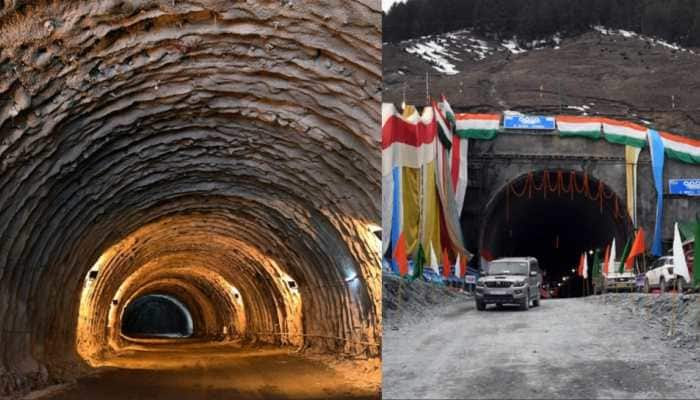Air pollution weakens bones, increases fracture risk
This study is the first to document high rates of hospital admissions for bone fractures in communities with elevated levels of ambient particulate matter (PM2.5), a component of air pollution,
Trending Photos
) Representational image
Representational image New Delhi: Exposure to air pollution may increase the risk of bone fractures by causing loss of mineral density, a major study has warned.
This study is the first to document high rates of hospital admissions for bone fractures in communities with elevated levels of ambient particulate matter (PM2.5), a component of air pollution,
The risk of bone fracture admissions was greatest in low-income communities, researchers said.
"Among the many benefits of clean air, our research suggests, are improved bone health and a way to prevent bone fractures," said Andrea Baccarelli from Columbia University's Mailman School of Public Health in the US.
"Decades of careful research has documented the health risks of air pollution, from cardiovascular and respiratory diseases, to cancer, and impaired cognition, and now osteoporosis," said Baccarelli.
The study of osteoporosis-related fracture hospital admissions among 9.2 million people between 2003-2010, suggests that even a small increase in PM2.5 concentrations would lead to an increase in bone fractures in older adults.
Analysis of eight years of follow-up among 692 middle- aged, low-income adults found that participants living in areas with higher levels of PM2.5 and black carbon, a component of air pollution from automotive emissions, had lower levels of parathyroid hormone and greater decreases in bone mineral density.
Parathyroid hormone is a key calcium and bone-related hormone.
Osteoporosis, the most common reason for a broken bone among the elderly, is a disease in which bones become brittle and weak as the body loses more bone mass than it can rebuild.
Particulate matter, including PM2.5, is known to cause systemic oxidative damage and inflammation, which researchers suggest, could accelerate bone loss and increase risk of bone fractures in older individuals.
Smoking, which contains several particulate matter components, has been consistently associated with bone damage, researchers said.
(With PTI inputs)
Stay informed on all the latest news, real-time breaking news updates, and follow all the important headlines in india news and world News on Zee News.
Live Tv







)
)
)
)
)
)
)
)
)
)
